Louisville Presbyterian Theological Seminary
It is not enough to say ‘Ain’t it awful,’ you have to get close enough to get hurt.
By Alex Becker Read and print as PDF.
Read and print as PDF.
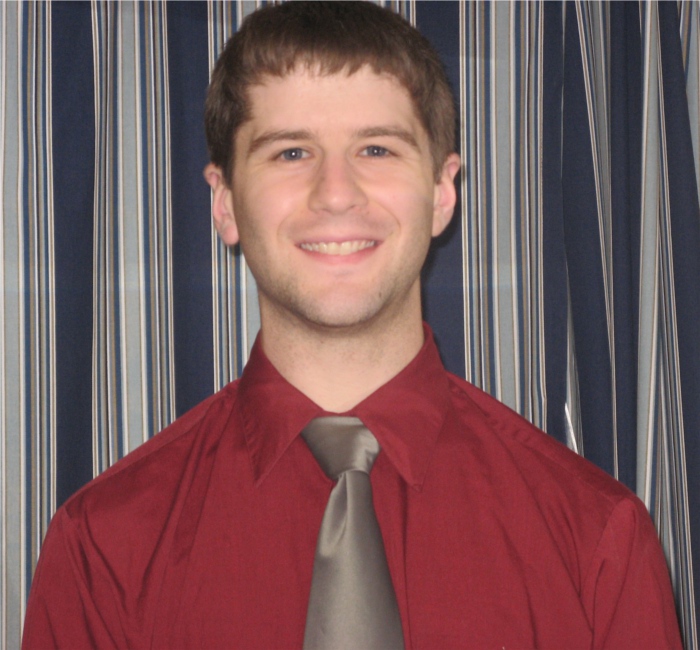
This phrase—spoken during a sermon in Louisville Seminary’s Caldwell Chapel in 1994 and posted on the steps leading up to that chapel—tipped the scales in favor of Louisville Seminary as I decided which school to attend. The phrase, delivered by then Director of Field Education Dr. George Carter, is emblematic of the attitude of the students, faculty, and staff of the seminary towards social justice. Social justice permeates Louisville Seminary as a goal and a place from which students and faculty speak. It is a value deeply embedded in the curriculum and campus life. And yet, I am not sure how many of us have really read that plaque on the chapel steps. We excel in “Ain’t it awful.” We care a great deal about these subjects. Enough to preach? Absolutely. But enough to risk hurt? That’s another question entirely.
In the Classroom
Concerns for social justice on the campus of Louisville Seminary begin in the classroom. The curriculum includes classes such as Dr. Scott Williamson’s Patterns and Practice of Christian Justice. While doing the academic work of examining different theoretical models of justice, Williamson encouraged us to speak out and to do “public theology” when we discern the Word of God to be at stake in any political issue.
Even in Scripture, Hebrew and Greek, and Christian history classes, professors often weave in current issues of social justice. Students learn to see these issues reflected in the Bible and throughout the history and formation of the church. One of the issues that comes up most often, same-sex marriage, generates discussions about the Old and New Testaments, the ways that we translate Hebrew and Greek words surrounding same-sex relations, and even the ways in which our church doctrines are formulated (and translated, in the case of the Heidelberg Catechism).
On Campus
Campus organizations amplify these concerns about social justice once students have left the classroom. The Women’s Center constantly works for justice on many fronts—and those who know it well regard it as both a safe haven and a powerhouse. The Center’s efforts begin in the domain of women’s rights: bringing various guest speakers to campus, holding performances of the Vagina Monologues, sponsoring the Katie Geneva Cannon lecture each year, holding an arts and crafts sale showcasing the work of women in the community, and showing films about women’s (and others’) rights for the community. Yet the Women’s Center does all this with the understanding that “women’s issues and gender issues are relevant, important, and concern everyone.” The Women’s center has worked hard to prove the truth of this claim, as the upcoming seminar led by Dr. Kevin E. Frederick entitled “Mending Masculinity, Ending Violence” evidences. Another recently held event led by the group “Darkness to Light” highlighted methods for recognizing child abuse.
This past December, Louisville Seminary welcomed Dr. J Herbert Nelson, director of the PC(USA)’s Office for Public Witness in Washington, D.C., for a discussion about seeking justice with the United States government. In November, the Fairness Campaign held a panel discussion on campus about justice in transgender issues, and the Kentucky Coalition for Reproductive Choice held presentations entitled “Theology of Reproductive Justice” and “Pastoral Counseling for Reproductive Loss.” Also in November, the Festival of Faiths convened on the seminary campus to discuss issues of environmental justice related to the theme “Sacred Air: Breath of Life.”
One of the growing areas of social justice concern at Louisville Seminary is racism and race relations. The Black Church Studies program, directed by Dr. Louis Brogdon, explores issues of theology in relation to African American churches. Classes such as “African American Hermeneutics” and “Feminist and Womanist Ethics” help students delve deeper into issues surrounding race—and intense discussions arise often enough during these courses. Examinations of race relations aren’t limited to the courses on the Black Church Studies syllabi, though: issues of race come up in classes on ethics, exegesis, and ecclesiology just as quickly
Among the Students
If you were to ask someone on campus what “social justice” primarily means to them, you would get a wide range of answers: LGBTQ rights, issues of poverty both locally and globally, women’s rights, disability awareness, protection of animals and care for the environment, ending armed conflict, immigration, and economic issues such as free trade. Among PC(USA) students, these concerns often mirror the issues present in the denomination at large. Students and faculty pay a great deal of attention to the denomination’s struggles with same-sex marriage, its advocacy with organizations like the Coalition of Immokalee Workers, and its stances on health insurance. Underlying all of these concerns, however, is a foundation in theology. In general, the stances that students and faculty take come from well-formed and deep-seated theological commitments—and if this theology isn’t well formed when students arrive, it generally is by the time they graduate.
There is no question about it: Louisville Seminary students are well equipped and eager to talk and think about complex, even controversial, issues of justice. This is saying a great deal in a nation and often a church that opt either for entrenched polarized rhetoric or silence. Often, members, including the leaders, of the church would prefer just not to talk about divisive issues such as continuing racism or prevailing heteronormativity. Well, we are talking. But are we doing more than that? Are we getting “close enough to get hurt?”
Some students are. But the truth is that our willingness to follow through with action is often lacking. Most students will not oppose advocacy or action for social justice. Many will express verbal support. But fewer students take action themselves on a regular basis.
We care. We are talking. So why don’t we all take action? Some do, and their actions should not be overlooked. Students and alumni write letters to political leaders, donate their time and money to charities, support social justice efforts of local churches, and even create their own social justice oriented groups such as Rebecca Barnes-Davies’ (M.Div/MAR ’11) Eco-Justice Worship Collective. Yet a number of factors prevent students from taking more action. Many students, in addition to taking full course loads, have to attend to families, jobs, or both. Some feel that they are already devoting their lives to social justice simply by pursuing a seminary education. Others have not yet learned how to get involved with the issues they care most about, and still others get involved only occasionally when personally asked to do so. And, of course, each student combats the creeping apathy that threatens to cut all people off from the desire to do God’s work.
Despite these challenges, students are not giving up. One concrete example of this comes from the seminary’s struggle to become more aware of disabilities, both by naming and addressing concerns around people who have disabilities. One student with a disability, Deb Trevino, refuses to let the issue slide. Although she feels that both classes and worship lack adequate awareness of people with disabilities, she involves herself by serving on the chapel ministers planning team and in student government on the Academic Affairs committee. As she continues to have this conversation in her classes and other activities, she is also looking ahead with concerns about how the PC(USA) at large interacts with people with disabilities: how willing are churches to offer a compensation package that adequately frees a person with a disability for ministry (for example, a driver for a blind teaching elder), and how willing are the national offices to make their resources available for people with disabilities (for example, by publishing the new hymnal in Braille)? These issues, though less discussed than issues of politics, race, or economics also clearly fall under the category of social justice, and people like Deb will fight for those issues both on and off Louisville Seminary’s campus.
A concern for the least among us is part of the Christian call no matter where your particular interests lead you. At Louisville Seminary, we hold each other accountable for caring for the “least of these” and for following God’s call, wherever that may lead us. Our concerns and levels of commitment may vary, but as we go out into the world to serve God, we do it with an awareness of the importance of social justice within the call of Christ. We’re always ready to say “ain’t it awful,” always trying to follow Christ more closely by getting “close enough to get hurt.”
____________________________
Alex Becker is a senior Master of Divinity student at Louisville Presbyterian Theological Seminary. He received his undergraduate education at Messiah College in Mechanicsburg, Pennsylvania. He preaches at Henryville Community Presbyterian Church in Henryville, Indiana, and serves as a leader for Team Sweaty Sheep, a new ministry development in Mid-Kentucky Presbytery.

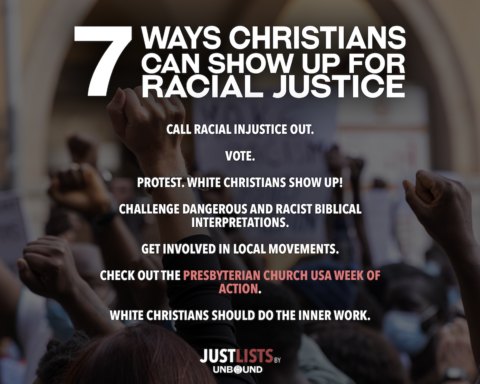
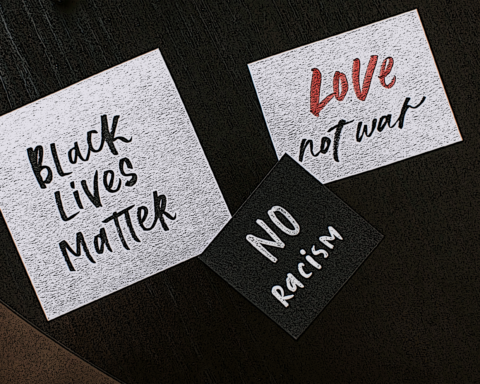
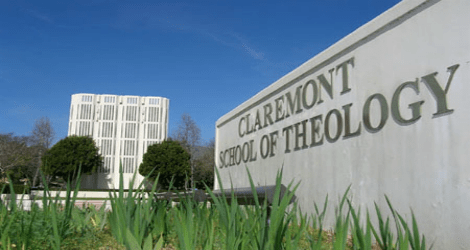
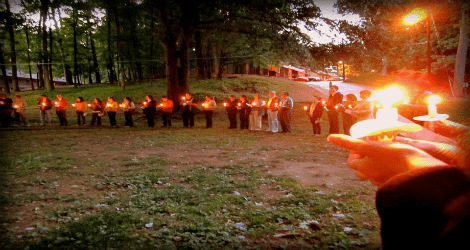
Unbound Social